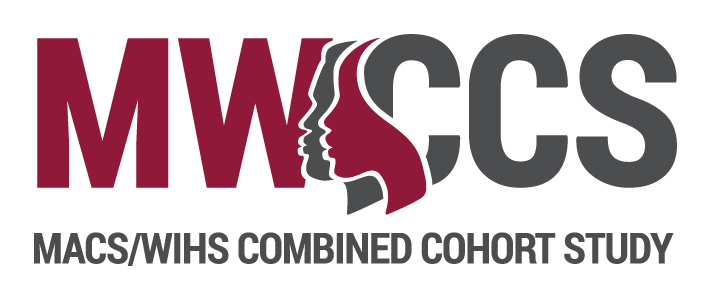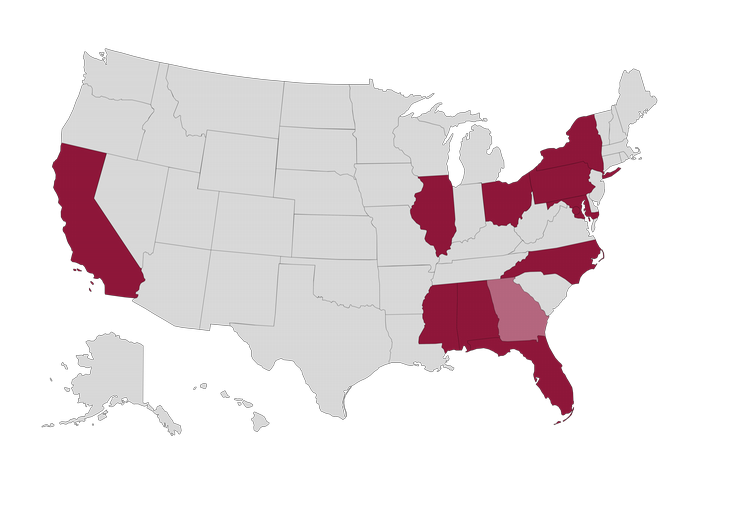
The Multicenter AIDS Cohort Study (MACS)/Women’s Interagency HIV Study (WIHS) Combined Cohort Study (MWCCS) is a collaborative research effort that aims to understand and reduce the impact of age-related challenges and comorbidities which affect people living with HIV (PLWH). MWCCS also investigates the impacts of health disparities and chronic stressors that can have a profound effect on PLWH as they age.
Advances in HIV medications have successfully kept people's immune systems healthy with fewer side effects. These improvements enable most people living with HIV to live long and healthy lives. However, there are different age-related challenges that differ between people living with and without HIV.



